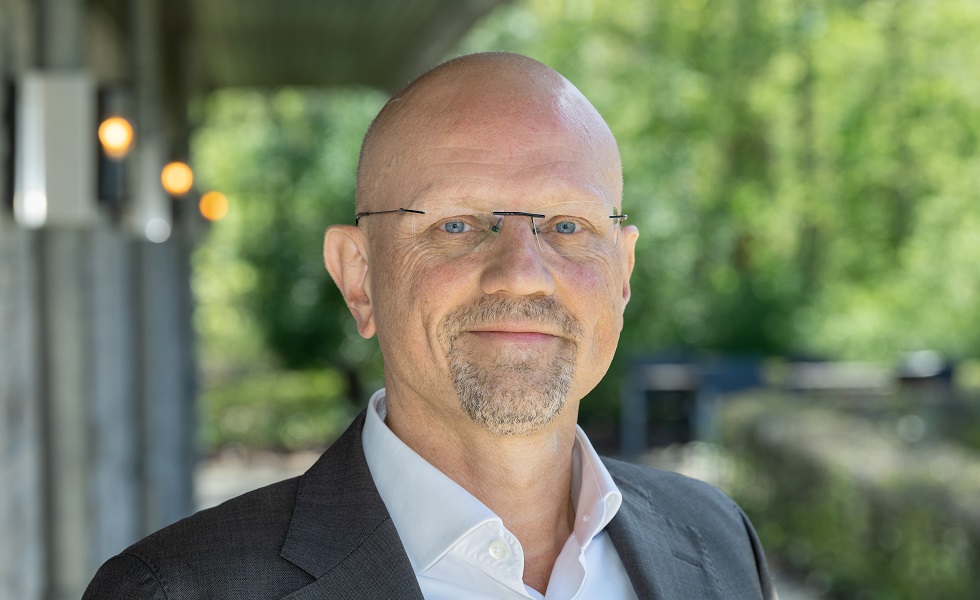Harry Geels: Omtzigt’s Call for ‘Personalism’ is Interesting
Harry Geels: Omtzigt’s Call for ‘Personalism’ is Interesting

By Harry Geels
A part of the Netherlands was astonished by Pieter Omtzigt's concerns about the low birth rates. However, the most striking aspect of his speech was his call to reorganize our society, partly by pointing to the philosophy of Personalism. Secondly, his perspective on private equity was also notable.
Pieter Omtzigt's 2024 HJ Schoo Lecture drew the attention of columnists and satirists. His concerns about the sharply declining birth rates were particularly criticized. NRC columnist Caroline de Gruyter called them a ‘nostalgic reflex that doesn't work,’ and De Volkskrant suggested that he was flirting with replacement theories. However, concerns about birth rates are not new. His lecture is especially interesting because of his vision of a different social philosophy and his perspective on the financial world, specifically private equity.
Low Birth Rates
Let's still address the concern behind the low birth rates. It's not just about the Netherlands. Birth rates have been declining for years in the West and in Southeast Asia. The Wall Street Journal and The Economist have been publishing major features on this for years. It's not just about the cold statistics and the potential problems that declining births may pose for, for example, our labor market, economic growth, and "the completely new balance of population between the continents." There are many existential issues behind this, which I discussed in a column last year, and which, unfortunately, have been left unaddressed by Omtzigt.
There are roughly five concerning hypotheses about declining fertility. First, that we as humans are becoming physically less fertile, which is particularly evident in men. The average number of sperm cells per milliliter of semen has drastically decreased over the past few decades. It has more than halved in the past fifty years, with an acceleration since the beginning of the millennium. Various hypotheses have been developed for this, such as environmental pollution, smoking, and poorer eating habits.
Furthermore, less value is placed on having children today than in the past. On the one hand, because it is economically less necessary: in the past, children were a future source of income for parents (second hypothesis). On the other hand, because we have come to value other things more, such as earning money, traveling, and finding meaning (third hypothesis). A fourth hypothesis is that in recent decades we have embraced looser and different types of relationships. These do not always fit with having children.
The fifth hypothesis is more philosophical. In many animal species, we see that reproduction decreases when environmental factors become less favorable. For example, various fish species spawn less when the water becomes polluted. Something similar could also apply to humans. It is unfortunate that Omtzigt did not focus on these developments as well, but instead made a comparison with countries where enough children are still being born, such as Congo, Ethiopia, and Nigeria, making him vulnerable to criticism.
Philosophy
After Omtzigt’s analysis of three major societal problems—migration, education, and housing—he proposed several solutions. For example, he wants to reduce overhead in education. Regarding the housing market, he aims to address the policy of scarcity.
But he also offered a more philosophical approach to making society more livable, namely the embrace of Personalism. The core of this philosophy is that humans cannot be reduced to mere means for others or an anonymous part of a system. Other core values include the unique dignity of people and relationality.
Humans exist in relation to others. Community bonds are essential for human existence and personal development. Freedom, responsibility, and the "common good" also play important roles. Personalism has its complexities. For me, it’s about the emphasis on (life) philosophy, and it doesn’t come out of nowhere. For instance, Francis Fukuyama did something similar in his book Liberalism and Its Discontents. According to him, liberalism can partly reinvent itself by applying old Greek philosophical virtues like moderation and wisdom (instead of luxury and fame).
Private Equity
Noteworthy is Omtzigt's view on the role of private equity in the three mentioned sectors. He stated that "ministers prefer to make deals with foreign investors like BlackRock – which does not exactly have a good reputation in the area of social responsibility." Elsewhere, he added "for a hefty fee."
In fact, Omtzigt argues that ministries should do more themselves and rely less on expensive managers and consultants. He also advocates for the Rhineland model instead of the Anglo-Saxon market model.
Here, I partly have a different analysis. Market functioning per se is not the problem, but the way it has been introduced in the three problem sectors is. For instance, if in healthcare, the difficult surgeries and 24-hour patient care are handled by standard hospitals, but private clinics only do the standard surgeries from 9 to 5, we place the complex healthcare costs on society and the efficiency gains on private equity. The blame here does not lie with market functioning but with poor government policy.
In Conclusion
Gustave Flaubert once said that "everyone understands something according to their insight." I take this quote a bit further. You can learn a lot from people by looking at what they take away from a book, film, or lecture. I see Pieter Omtzigt as someone who wants to make a broader analysis of three current major, partly interrelated problems. Let's continue this discussion instead of merely making satire of his ideas about the fertility of the "Dutch" woman.
This article contains a personal opinion from Harry Geels
